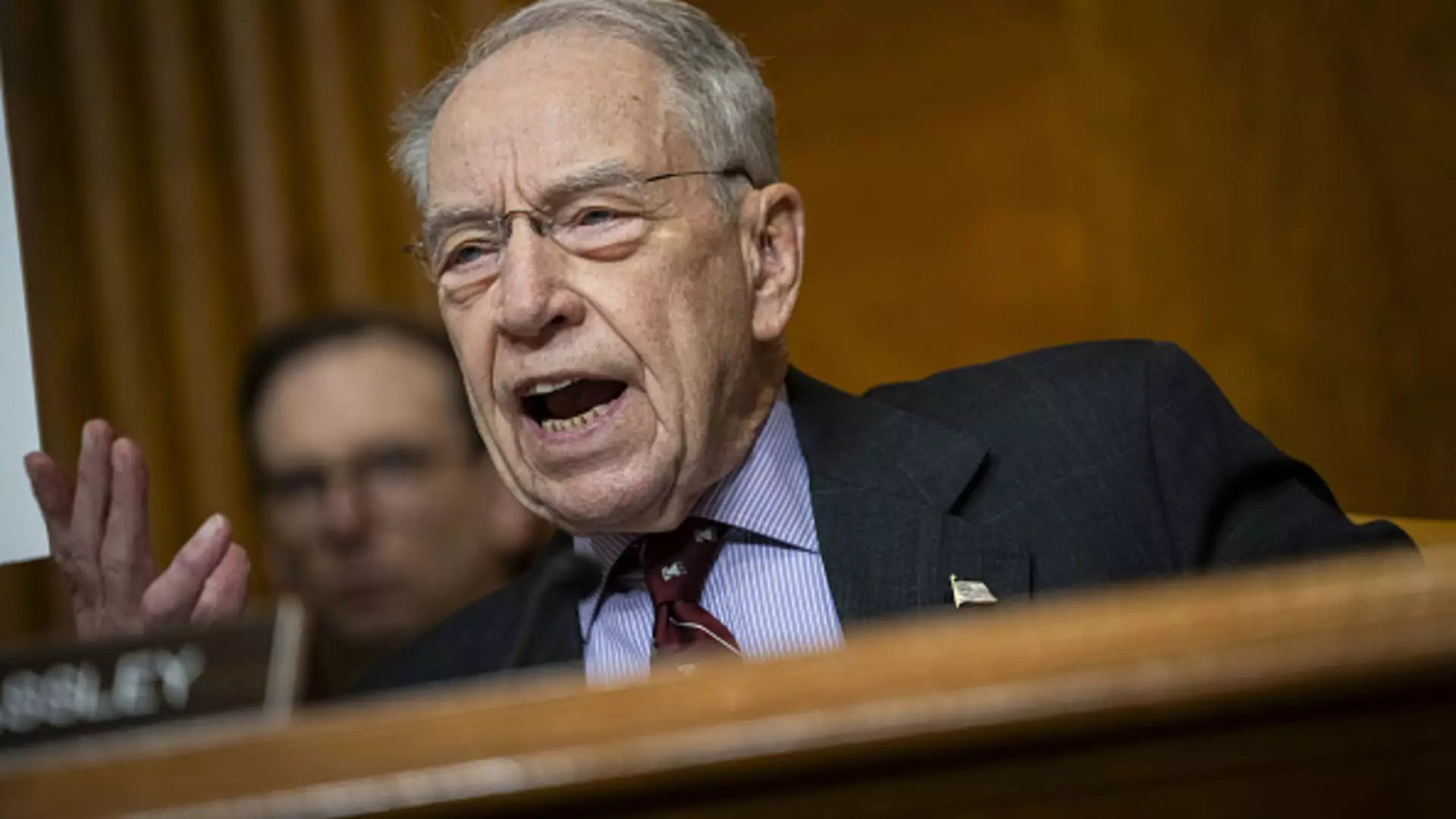As Congress faces a critical decision on expiring tax breaks worth trillions of dollars, the debate over imposing higher taxes on corporations and wealthy Americans has taken center stage. Proponents of these tax hikes argue that they are crucial in addressing income inequality and reducing the federal budget deficit.
Joseph Stiglitz, a professor of economics at Columbia University, emphasized in his prepared testimony that higher taxes on corporations and the wealthy would lead to a more equitable tax system, generate substantial revenue, and foster economic growth. Advocates of these tax proposals believe that increasing the corporate tax rate, scrutinizing stock buybacks, and raising capital gains tax rates are necessary steps towards creating a fairer tax structure.
Despite the compelling arguments in favor of higher taxes, there are significant challenges and opposition to these proposals. Sen. Chuck Grassley pointed out that certain reforms, such as those related to carried interest, have struggled to gain widespread support within the Democratic Party. Even Sen. Mitt Romney cautioned that many of the suggested tax increases could have unintended consequences on the economy.
The Tax Cuts and Jobs Act of 2017, enacted during the administration of former President Donald Trump, introduced significant changes to the tax system. While the TCJA lowered federal income brackets and raised the standard deduction, it also included provisions that benefited the wealthy, such as doubling the estate and gift tax exemption. The expiration of these provisions after 2025 could result in higher taxes for over 60% of taxpayers, according to the Tax Foundation.
President Joe Biden has shown support for higher taxes on the wealthy and corporations as a means to fund an extension of expiring tax breaks for individuals earning less than $400,000. Biden’s proposed tax increases are aimed at creating a more balanced tax structure that addresses the growing wealth gap in the country.
While extending expiring tax breaks may seem appealing, it comes with a hefty price tag. The Congressional Budget Office estimates that a full extension of these provisions could add approximately $4.6 trillion to the deficit over the next decade. This poses a significant fiscal challenge for lawmakers as they grapple with balancing the budget and funding essential government programs.
The future of tax policy ultimately rests on the outcome of congressional and presidential elections. As the debate over higher taxes continues, the decisions made in the coming years will have far-reaching implications for the economy, income distribution, and government finances. It is crucial for policymakers to carefully weigh the trade-offs involved in implementing tax reforms to ensure sustainable and equitable economic growth.


Leave a Reply